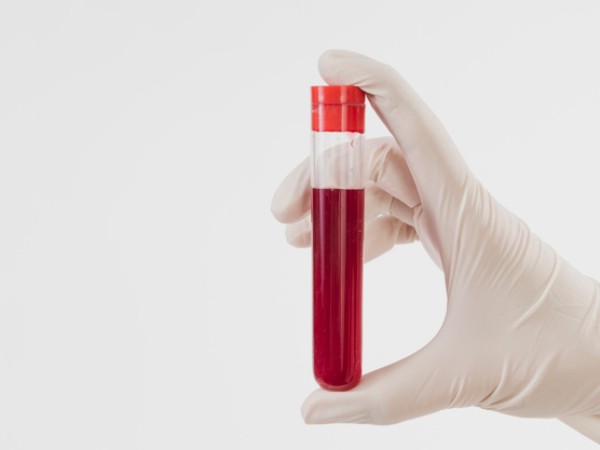
Health Benefits Of Donating Blood
Here is a list of benefits a donor can reap from the process of blood donation.
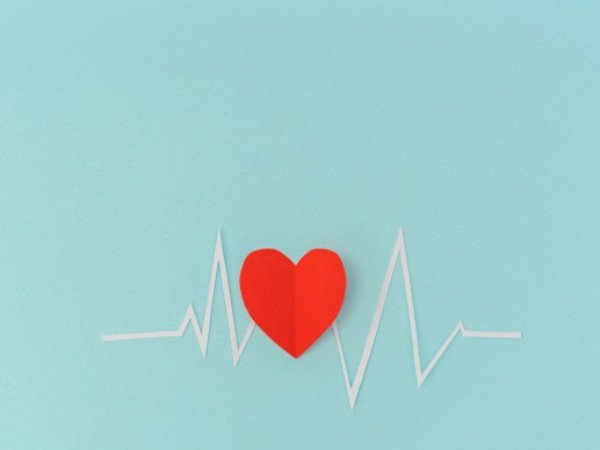
1. Promotes Heart Health
Blood donation helps in maintaining the iron levels and reduces the risk of cardiovascular problems and also help maintain your heart rhythms. By keeping the iron levels in check, blood donations help reduce the risk of developing heart diseases as well [5].

2. Prevents Hemochromatosis
One of the major health benefits of donating blood includes reducing the risk of hemochromatosis. It is a health condition that arises due to excess absorption of iron by the body. This condition is either inherited or may be caused due to alcoholism, anaemia, and other disorders. Regular blood donation will reduce iron overload in the body [6].
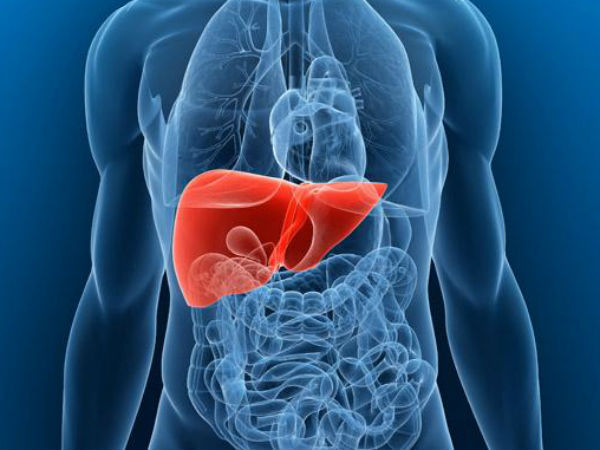
3. Reduces Risk For Liver Damage
When the iron level in your body is in excess, it increases the risk for liver failure and damage to the pancreas [7]. Hence, donating blood helps in getting rid of the extra iron; and this, in turn, helps reduce the risk for liver and pancreas damage.
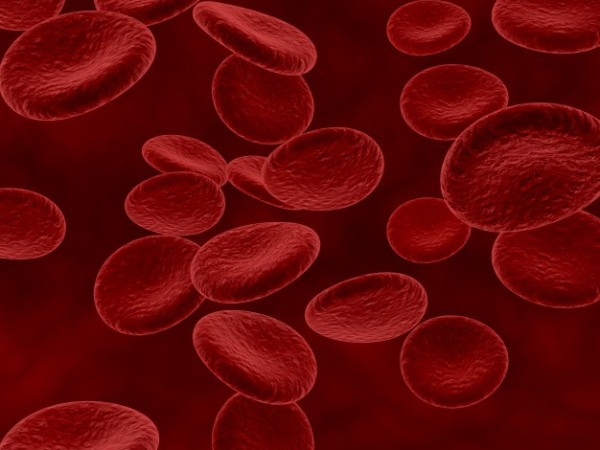
5. Stimulates Blood Cell Production
One of the other central health benefits of blood donation is that it helps stimulate the production of new blood cells, which make up for the blood loss and thus help in maintaining your overall health and well-being [9].

6. Burns Calories
According to the University of California, one can burn approximately 650 calories per donation of one pint of blood [10]. Regular blood donors lose weight while in the process and this is helpful for those who are obese and are at a higher risk of cardiovascular diseases and other health disorders. Because it helps burn those extra calories in your body [11]. However, frequent blood donation isn’t advisable as a way to lose weight.
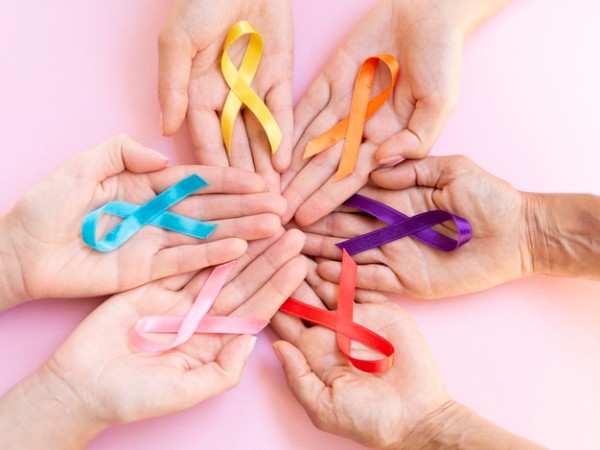
7. May Reduce Cancer Risk
Lower levels of iron in the body reduce the risks of developing cancer symptoms. Chances of suffering from cancer especially colon, lung, liver, throat and lung cancer are lower if you donate blood [12]. A reduction in the iron level in the body is linked to low cancer risk.
 10 Dangerous Habits That May Cause Cancer
10 Dangerous Habits That May Cause Cancer
Apart from these major health benefits, donating blood can help reduce stress, improve your emotional well-being, benefit your physical health, help get rid of negative feelings, provide a sense of belonging and reduce isolation [13].

Side Effects Of Donating Blood
The procedure of blood donation is safe for adults who are healthy. However, there are some minor side effects that could occur. Such as [14]:
READ RELATED: At least 66 abortion clinics in 15 states have scrapped procedures since Roe v Wade was overturned
- bruising,
- continued bleeding,
- dizziness,
- light-headedness,
- nausea,
- pain, and
- physical weakness.
These side effects will only last for a few minutes. But, if you are experiencing the following even after taking proper rest, you should immediately call the blood donation centre or go to a hospital [15].
- Lightheadedness, dizziness and nausea even after eating, drinking and resting
- A raised bump or continued bleeding at the needle site
- Pain, numbness or tingling in the arm
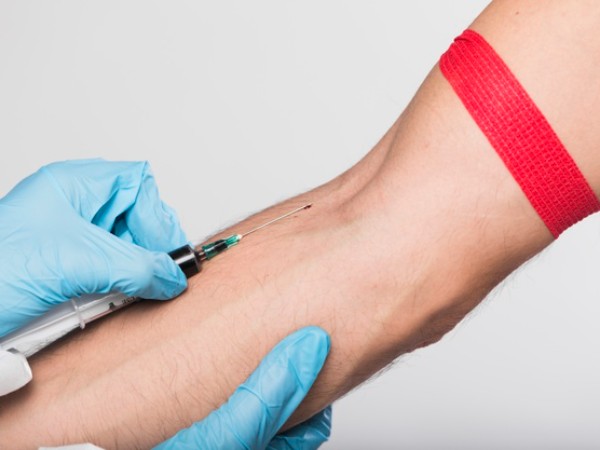
What To Do Before Blood Donation
At least a few weeks before you donate blood, ensure that you are eating a healthy amount of iron-rich foods such as seafood, meat, spinach, beans, and sweet potatoes. This will prevent the risk of having low haemoglobin levels [16].
Before you donate blood, you will be asked to fill out a form that has questions about your medical history. This includes whether you have any risk of blood-borne infections, if you are taking any kind of medications, or if you have any nutrient deficiency and so on.
After this, a blood sample will be collected from you to rule out any unwanted conditions such as anaemia or blood pressure. If your blood sample turns out positive, the doctor will allow you to donate blood [17].

What To Do During Blood Donation
You will be asked to sit or lie down comfortably. An antiseptic solution will be used to clean your arm and a blood pressure cuff will be placed around your upper arm to fill your veins with more blood and make it visible.
Then, a sterile needle is inserted into the vein in your arm, which has a plastic tube attached to it that will help draw blood into the blood bag. Only about 400 ml of blood is extracted from the body and this whole process takes about 15 minutes [18][19]. After it is complete, the needle is removed and a small bandage is placed on the area.
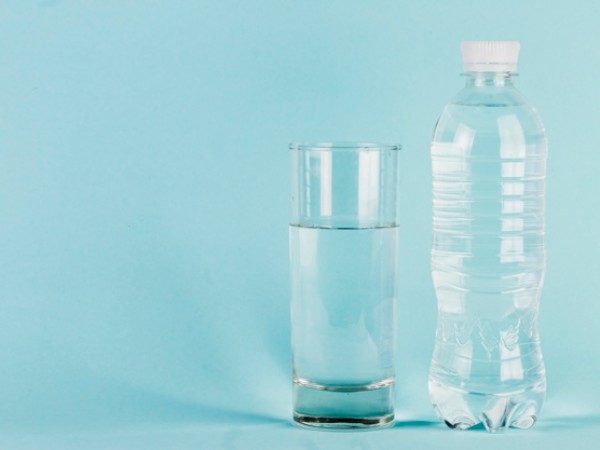
What To Do After Blood Donation
After you have donated blood, keep your arm extended facing upwards to avoid bruising, swelling, blood clot and pain. You can eat a light snack if you want and avoid performing any physical activity in the next 24 hours.
Your blood levels will get back to normal after 2-3 weeks. So, therefore to help your body recover quickly here are some tips to follow after donating blood [20].
- Drink plenty of water
- Avoid fatty foods
- Wear comfortable clothes
- Avoid smoking and drinking alcohol
- If you feel dizziness, discomfort or pain, consult a doctor immediately
 Back Pain: Causes, Symptoms, Risk Factors, Diagnosis And Treatment
Back Pain: Causes, Symptoms, Risk Factors, Diagnosis And Treatment
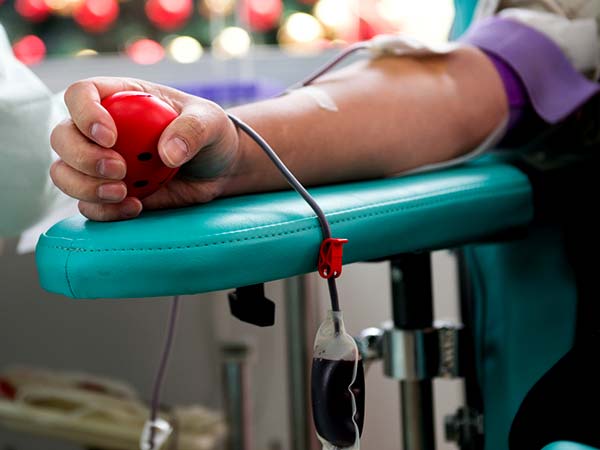
On A Final Note…
While donating blood, ensure that you donate it in a specialised medical care centre which practices ultra-safe methods to ensure that you are safe in the process of the donation. All donated blood products are screened for HIV, Hepatitis B, Hepatitis c and syphilis before transfusion. Consequently, the gift of blood is the gift of life.
Source: boldsky blog



 6 Best Foods For Liver Cancer
6 Best Foods For Liver Cancer






